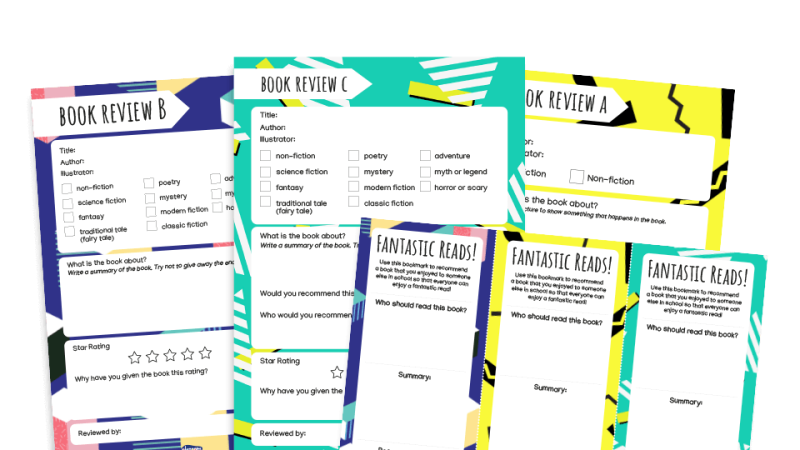How an After-School Reluctant Readers Club Fostered our Children’s Love of Books

Reading for pleasure is one of the biggest predictors of success in later life; but it's an attitude that remains stubbornly elusive to build in some children

There is a whole plethora of facts, statistics and research about the impact of reading that indicates that reading for pleasure, from a young age, is one of the biggest predictors of success in later life. Yet, this is an attitude that remains stubbornly elusive to foster in some children.
Sometimes it’s simply because the children in question find reading difficult. It is hardly surprising that if they are struggling, they don’t enjoy it.
So, when we discover this is the case, it’s actually a relief because, as teachers, this is what we do: build confidence and help children to develop their skills. With intervention, it’s easily remedied – in most cases.
On other occasions, upon closer inspection it becomes clear that although decoding is not an issue for children, they do not actually appear to listen to what they are reading. Their comprehension of the text is minimal, so they take little pleasure in reading.
These children need clear modelling that ‘reading’ is not just about decoding the words on the page; that it is about connecting with those words.
However, sometimes we come across children who can decode, read fluently and talk confidently about what they’ve read, thereby demonstrating good understanding, but who, frustratingly, still do not enjoy reading.
It is these children in whom I have become increasingly interested. How can we help them to develop a love of reading?
Recently, I set up an after-school club for reluctant readers in Year 4. My aim was to take a group of eight handpicked children who did not enjoy reading and try to instil in them the idea that reading is enjoyable.
It was important that the children were of a similar reading ability as I didn’t want anyone made to feel inferior, especially given that, despite being of average reading ability for their age, it seemed that confidence was an issue with this group of children.
The club meets once a week after school for one hour. We begin with a drink and snack and just a bit of general chatting to allow us to wind down after the school day, and I aim to introduce some book talk later, eg What are you reading at the moment? What do you like about it? etc.
Once we are sufficiently refreshed we turn our attentions to the task at hand: reading. And currently we are sharing a Fighting Fantasy book.
I had fond memories of reading Fighting Fantasy books as a child and felt that their structure (short chunks of writing, element of reader choice in choosing the path to follow and exciting adventure style) was perfect for reluctant readers.
It seems I was right, as the level of engagement and excitement at taking turns to read the next section was palpable from the first week.
I also persuaded my headteacher (herself a huge book fan, so no arm twisting needed) to allow me to buy a selection of graphic novels/comics, including classics such as Asterix and Tintin.
Each week, at the end of the club, the children were given the chance to borrow one of these. Unfortunately, take-up has been slow, with only one or two children showing interest, and I must admit I was a little disappointed. But I have reminded myself that attitudes can be tough to change.
The small steps we’ve made so far with the actual enjoyment of reading, during the club itself, is a great start.
Despite it being early days, there is already a change in attitude of three of the children who are showing more signs of wanting to read at other times in school. The next step is to invite the parents in to explain to them how they can support their children read for pleasure at home.
If you’re interested in developing a reading for pleasure culture in your school, I would highly recommend having a look at the OU website.
This website might also signpost you to a reading for pleasure group in your area. Following meeting Teresa Cremin, at the Reading Rocks conference earlier this year, I’m in the process of setting one up in the Wirral (Contact me at @LTeacher123).
Twitter is also an excellent resource for teachers generally, but for a reading focus in particular, I suggest following @TeresaCremin, @_Reading_Rocks_, @marygtroche, @clpe1, @ashleybooth, @smithsmm, @Mat_at_Brookes, @GalwayMr, @jonnybid and @patronofreading.
LauraTeacher123 is a phase leader, curriculum leader, English lead and general workaholic. Find her at What’s the Buzz? and follow her on Twitter at @LTeacher123.











